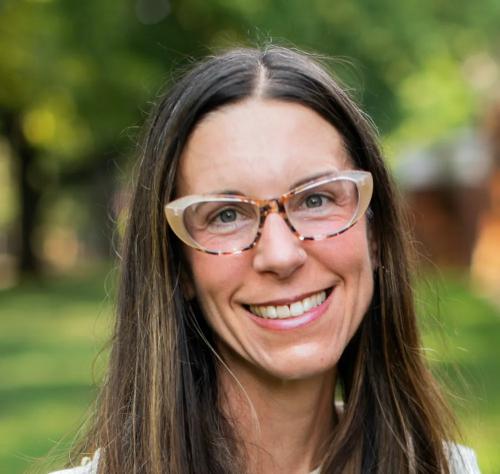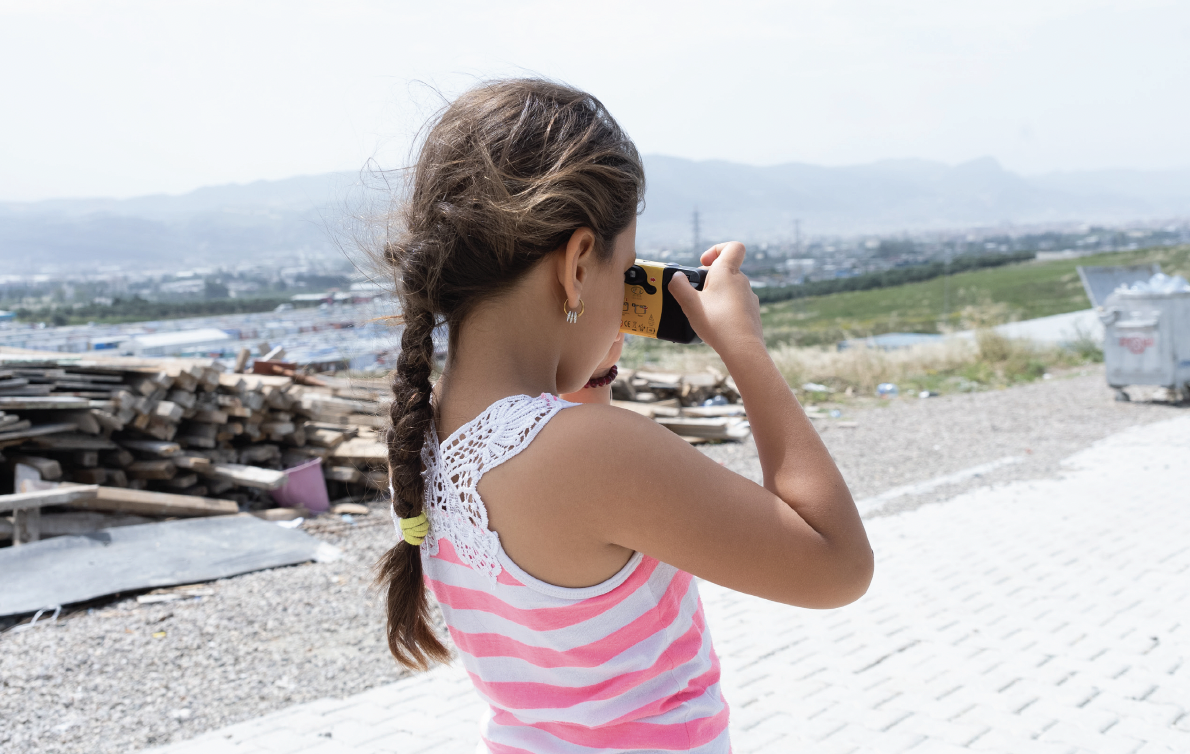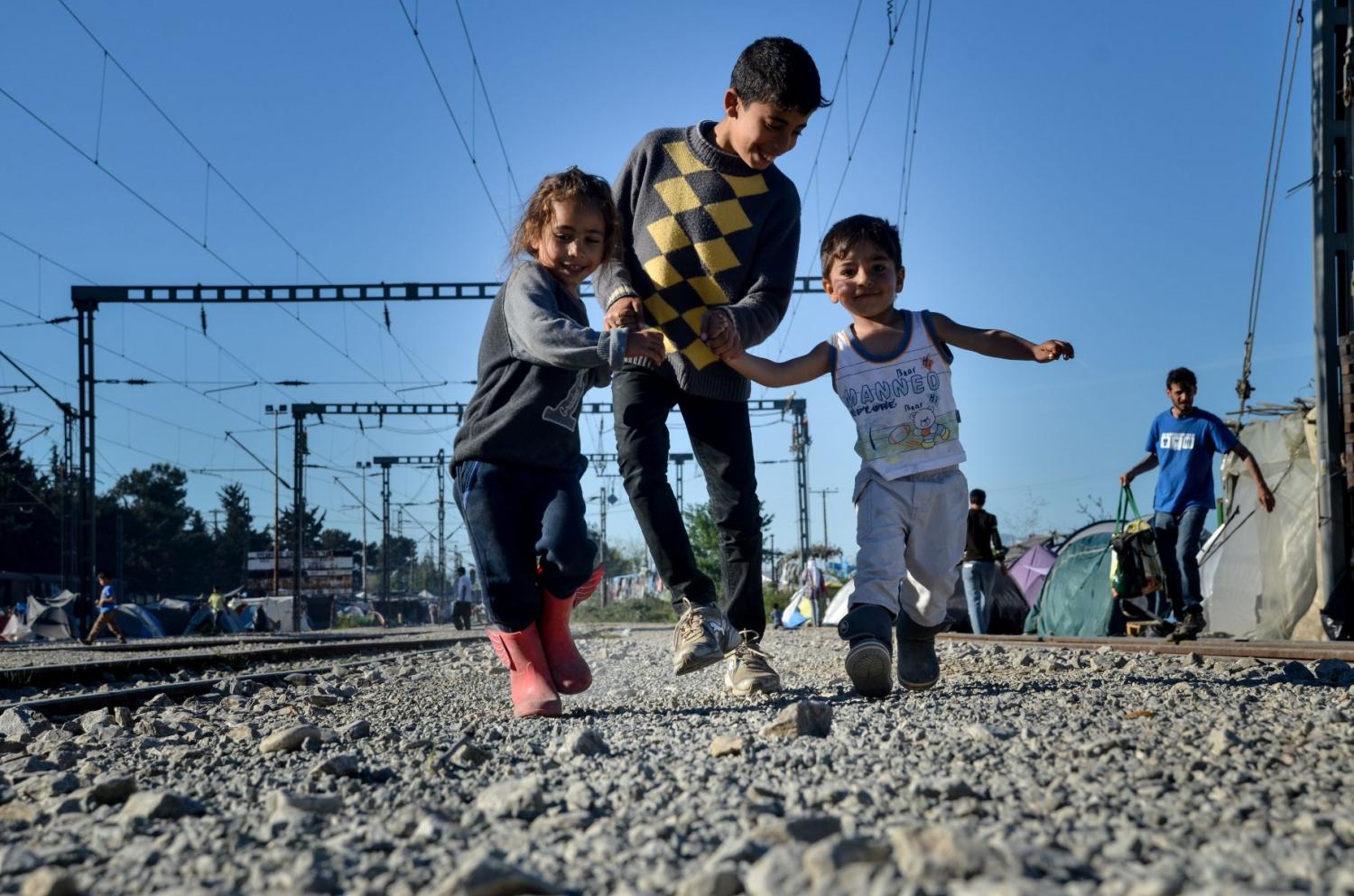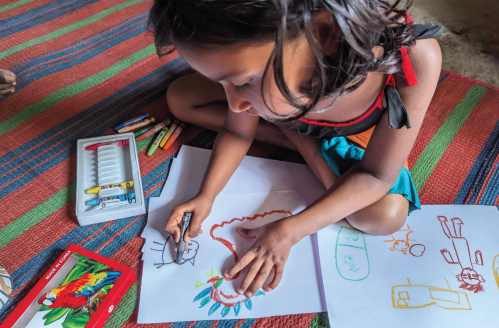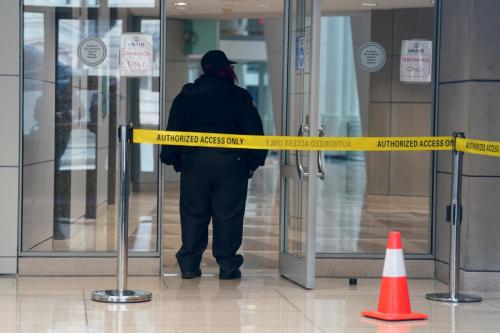This second case study in the “Unveiling worlds: Centering child voices in humanitarian contexts case study series” used “photovoice” to facilitate displaced children’s active participation and illuminate their lived experiences to inform humanitarian practices and policies. The qualitative research highlighted some areas that adults, both implementers and the children’s parents, had not considered before. Based on children’s views from this study, the leading implementing collaborator, Save the Children Türkiye, modified some of their child protection and psychosocial support programs. Insufficient time and funding during the project period, however, limited the project’s impact on the broader humanitarian architecture and government response in this part of Türkiye. Yet Save the Children plans to continue sharing the lessons of this approach with key humanitarian and donor stakeholders. Importantly, this research approach was low-cost, fast, easy to implement, and easily replicable to other humanitarian contexts.
-
Acknowledgements and disclosures
The Brookings Institution is a nonprofit organization devoted to independent research and policy solutions. Its mission is to conduct high-quality, independent research and based on that research, to provide innovative, practical recommendations for policymakers and the public.
The conclusions and recommendations of any Brookings publication are solely those of its author(s), and do not reflect the views or policies of the Institution, its management, its other scholars, or the funders acknowledged below.
Brookings gratefully acknowledges the support of the LEGO Foundation.
Brookings recognizes that the value it provides is in its absolute commitment to quality, independence, and impact. Activities supported by its donors reflect this commitment.
The Brookings Institution is committed to quality, independence, and impact.
We are supported by a diverse array of funders. In line with our values and policies, each Brookings publication represents the sole views of its author(s).

